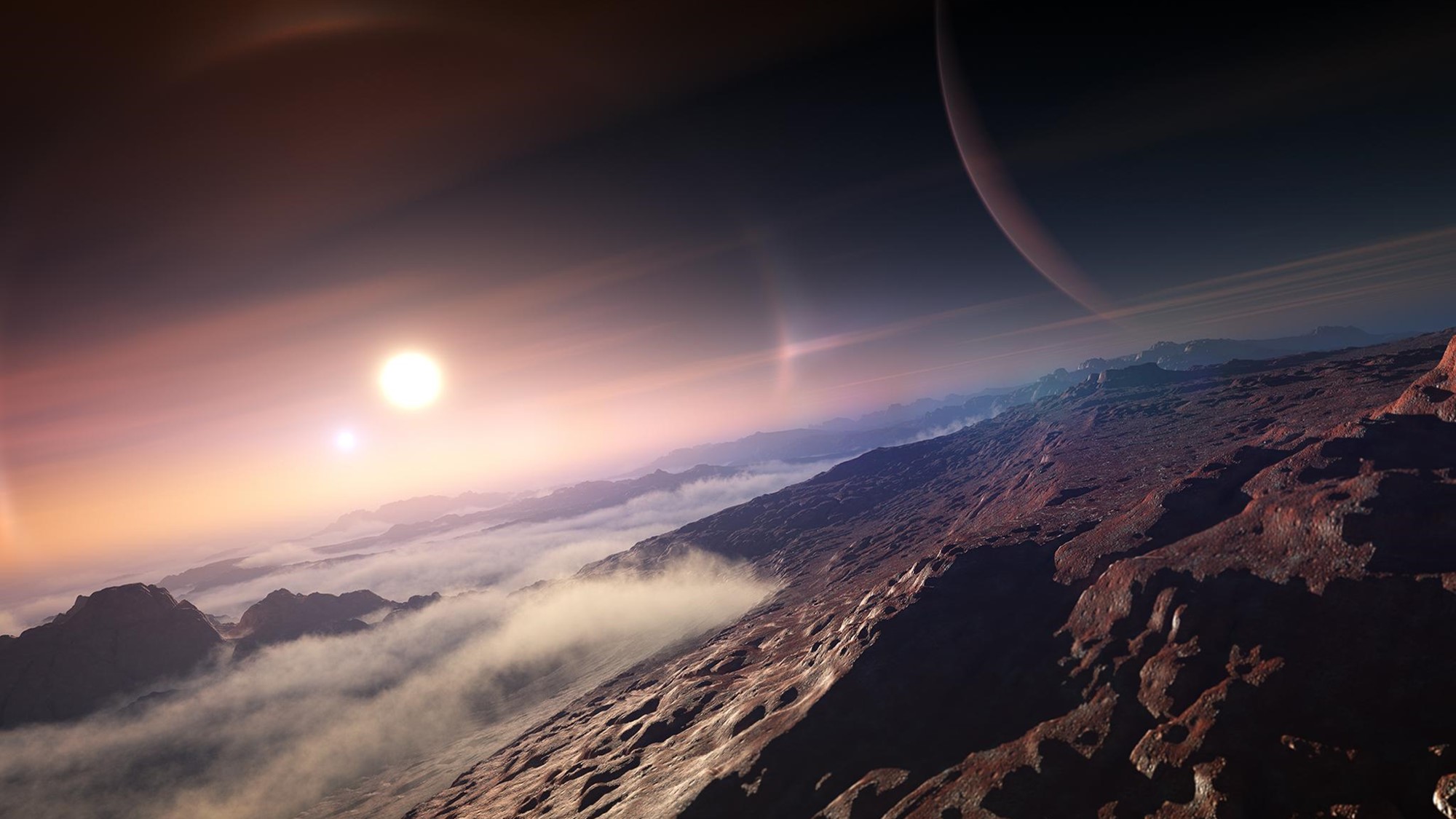To celebrate the 10th anniversary of its Office for Astronomy Outreach (OAO), the International Astronomical Union (IAU) is launching a contest to name 20 exoplanetary systems to be observed by JWST. The competition, NameExoWorlds 2022, was announced at a press conference at the XXXI IAU General Assembly, currently being held in Busan, South Korea. The contest seeks to bring together both professional astronomers and the wider public, giving them the opportunity to name the 20 selected exoplanets along with their host stars.
Through the NameExoWorlds initiatives, the IAU and its partners recognise the importance of the connections between the sky and our diverse cultures. The NameExoWorlds 2022 contest invites communities across the globe to connect their own cultures to these distant worlds. Each team can propose a name for an exoplanet and its host star from a list of confirmed objects (referred to collectively as "ExoWorlds" in this competition).
When the IAU was created in 1919, one of the tasks delegated to the professional astronomers was to catalogue celestial objects and provide consistent conventions for naming them. Advances in science and technology have recently enabled us to detect a new category of celestial object, called exoplanets — planets orbiting other stars. The first exoplanets were discovered just three decades ago and over 5000 have been identified since. Most of these planets are only referred to by their scientific designations and have no connections to our stories and cultures.
Reflecting the truly international interest in astronomy, the first NameExoWorlds competition, in 2015, named 19 ExoWorlds (14 stars and 31 exoplanets orbiting them), with over half a million votes from 182 countries and territories. In 2019, as part of the IAU's centennial celebrations, the 2019 NameExoWorlds competition offered every country the chance to name one planetary system, comprising an exoplanet and its host star. As part of this contest, 112 countries organised national campaigns that involved the direct participation of over 780 000 people worldwide.
The systems to be named by NameExoWorlds 2022 are of special interest, as they are among the first exoplanet targets of the James Webb Space Telescope (JWST). Anyone, including students and teachers, astronomy enthusiasts, amateur astronomers and exoplanetary scientists, may form a team composed by at least 2 persons, and submit their proposal; directly to IAU.
Important Dates
Phase 1: Naming Process
8 August- 11 December 2022
Note: Deadline extended to 11 December 2022
Phase 2: National Vetting Process
15 December 2022 - 15 January 2023
Phase 3: Voting and Selection of the Names
16 January 2023 to 16 March 2023
Public Announcement of Results
May 2023


